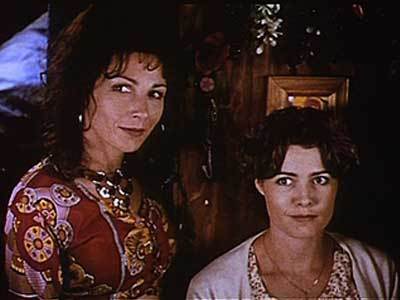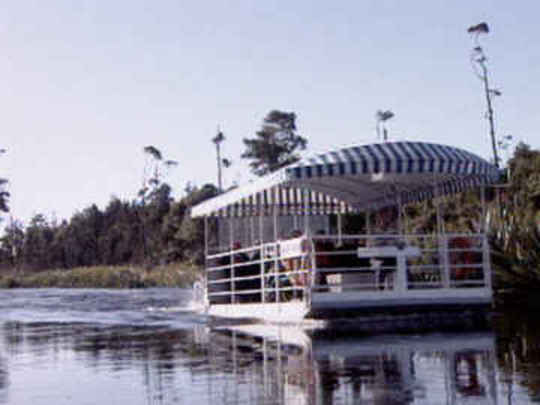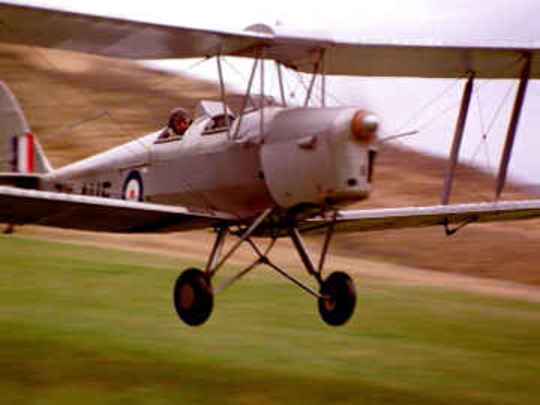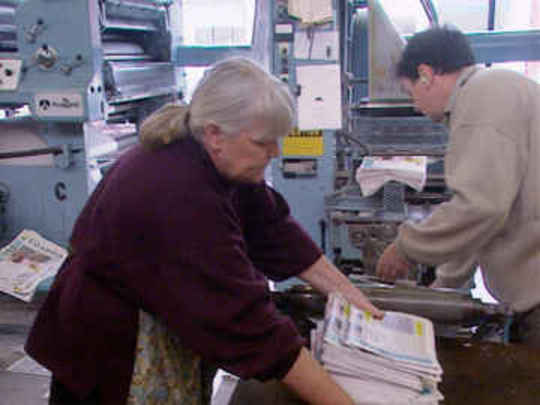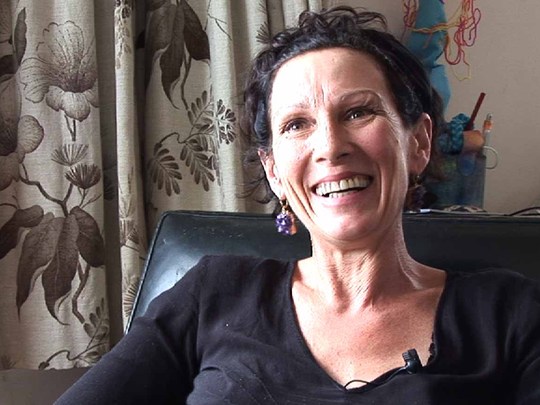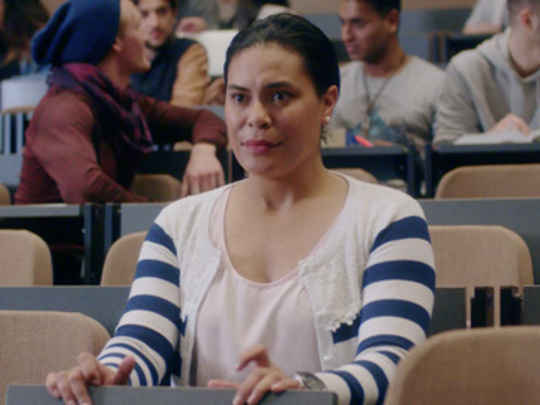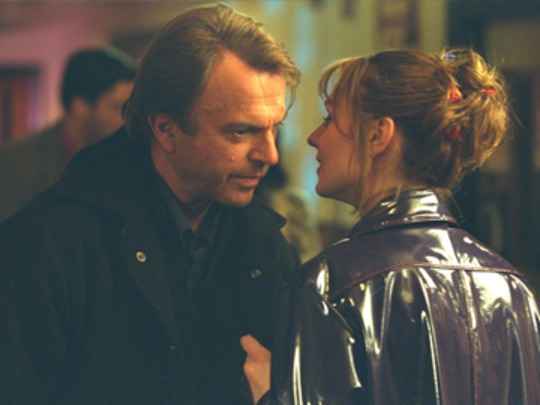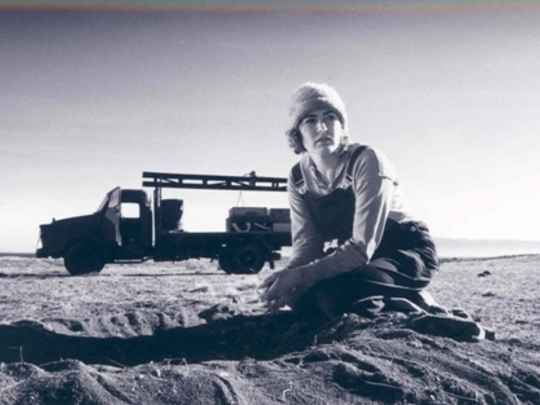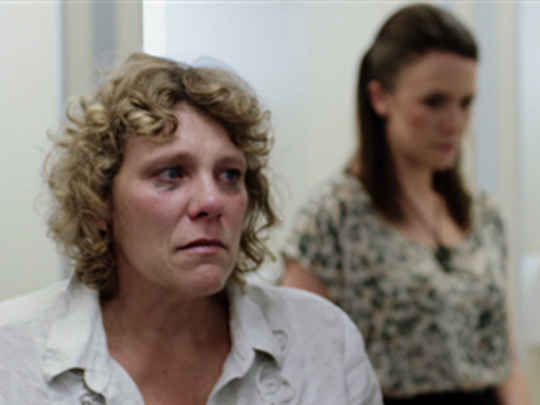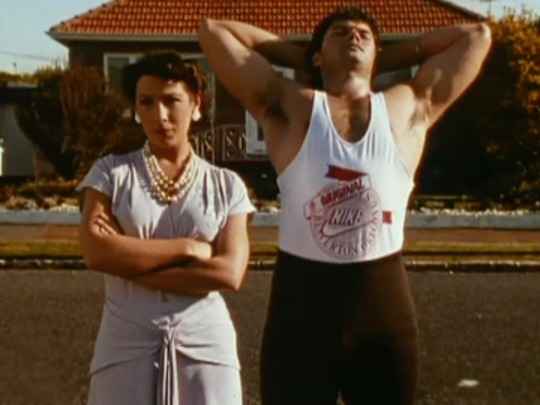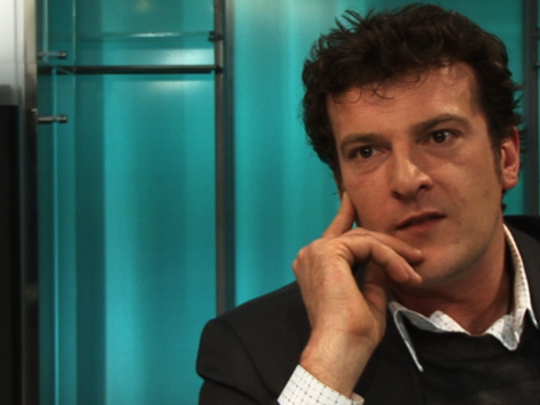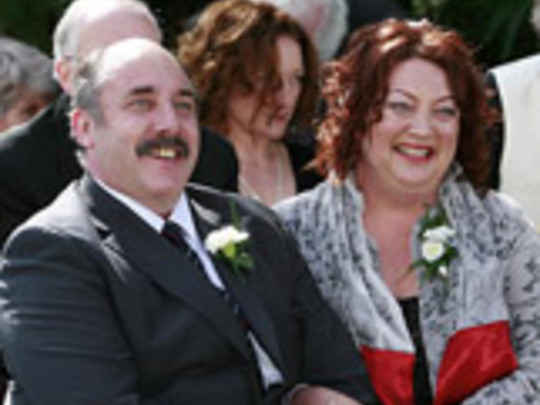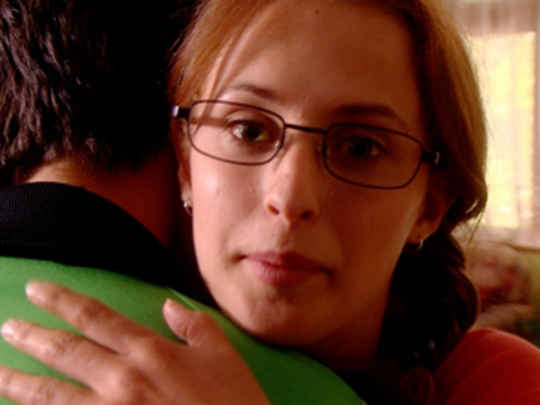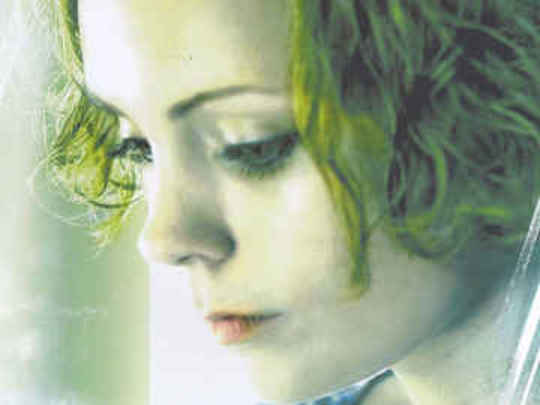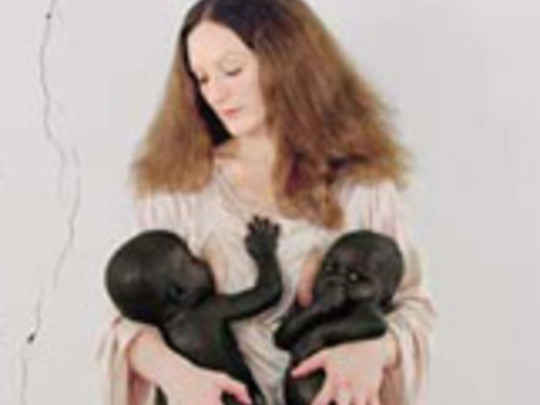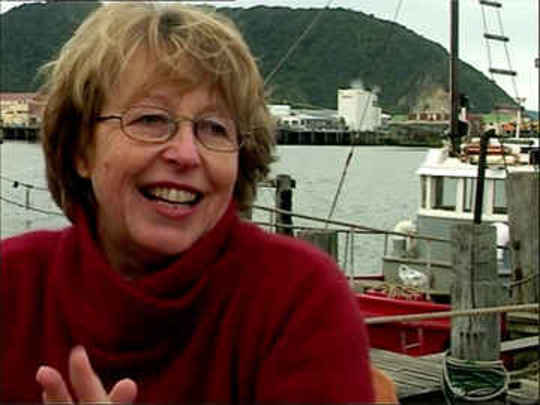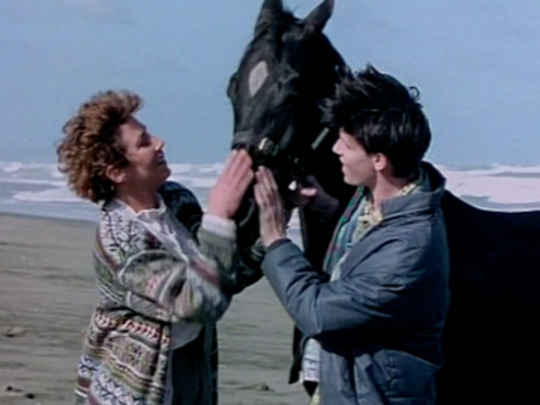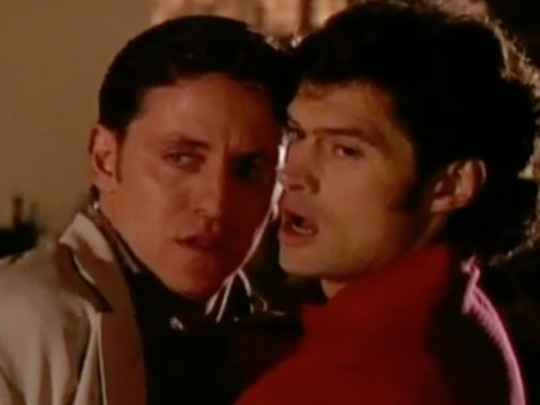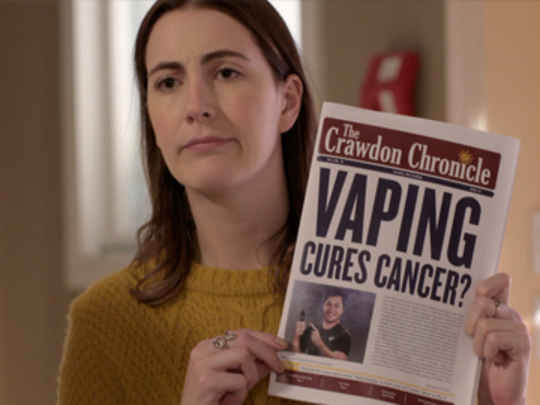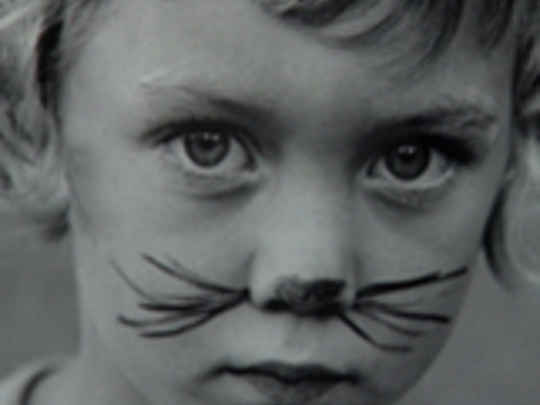Magik and Rose
Film (Trailer and Excerpts) – 2000
A perspective
Magik and Rose is a high point in an erratic history of local attempts at making low-budget feature films. The film was a product of Kahukura's ‘no-budget' scheme, produced before the company's high-profile financial demise. The tale of fertility and fortune on the West Coast represented a convincing feature debut for writer/director Vanessa Alexander.
Alexander (who, like Niki Caro and Brad McGann, was a graduate of Melbourne's Swinburne Film And Television School) skillfully structures the parallel stories of her two protagonists and their turbulent maternal desires, balancing them with an errant spouse, a carefree suitor and a long lost daughter.
Despite limited rehearsal and shooting time, Alexander elicits precise, empathetic performances from her ensemble. In her Master's thesis on the production, she expressed the belief that on a low budget, one should cast for performance, not marquee value. This contrasted with the view of NZ Film Commission marketing impresario Lindsay Shelton, who felt that the role of Jordan demanded "beef cake".
Alexander, with the support of producer Larry Parr, held out for Oliver Driver, then relatively unknown (he would later become Auckland ubiquity: thespian, presenter and TV station owner). Driver's more complex recipe for Jordan — less meat, more sugar — complemented what Variety critic David Stratton called the film's "disarmingly sweet treatment".
Like many New Zealand films, Magik and Rose inhabits more than one genre: it traverses drama, comedy, melodrama, buddy film and romance. Despite all these ingredients in the wild food pie, the tone manages to be coherent and distinctive: a style that might be described as Magik realism.
The charm with which Alexander handles the material means you willingly suspends disbelief at some of the more surreal touches. One of the two couples in the story are reunited clothed as Bo Peep and a sheep. The other couple, concluding the climax, is scarcely less absurd: a line dancing cowboy and a spurious fortune teller (shot amidst the revellers of Hokitika's Wildfoods festival).
The tag-line read: "Love, Hope and 80 million sperm". It's an intriguing mix. At the box office the film achieved moderate success, sustaining a long run in the South Island. This parochialism reflects the film's scale.
American showbusiness magazine Variety described it as "a delightful female buddy pic with a small town setting and deeply felt emotions . . . a colourful, lively film that's easy to enjoy". But Magik did not break into offshore markets. Its quirkiness was not enough to match international expectations.
Intriguingly, classic John Rowles song 'Cheryl Moana Marie' (sung by the film's raggedy barbers' quartet) was later reprised in the hit Second-Hand Wedding (2008) — a film made with equally meagre funds, whose confident tone is foreshadowed in the not inconsiderable achievements of Magik and Rose.
Navigating her film through the wilderness of minimal funding speaks volumes also for Alexander's producing instincts. She has since consolidated these as a producer and director of TV drama, e.g. Being Eve (2001). She taught in the Screen Production course at Auckland University's Film and Media Studies department, which spawned such short films as student Leo Woodhead's festival success, Cargo. Alexander would go on to join the writing teams on Vikings:Valhalla, Tin Star and Emmy-nominated series The Great.
- Owen Hughes has nurtured the talents of many directors in a producing career that includes dozens of commercials, dramas for TV and cinema, and over 40 documentaries.
